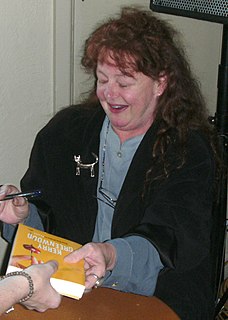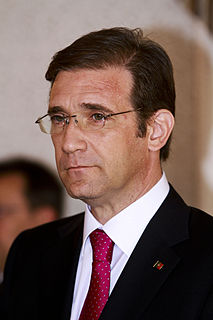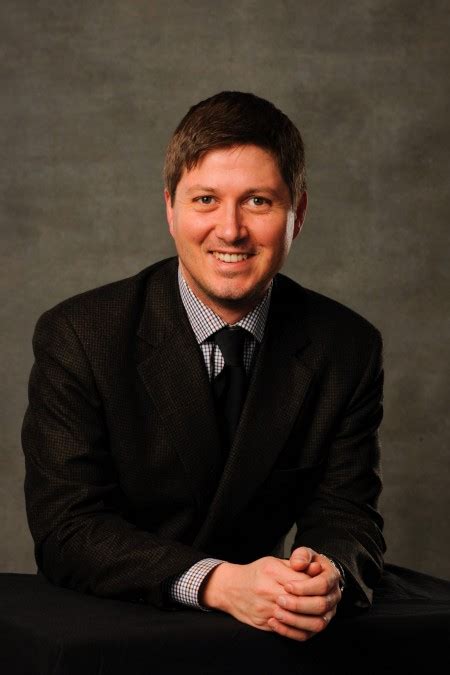A Quote by Isabel Allende
From journalism I learned to write under pressure, to work with deadlines, to have limited space and time, to conduct and interview, to find information, to research, and above all, to use language as efficiently as possible and to remember always that there is a reader out there.
Related Quotes
It's good for a writer to come from journalism because it gives you the tools. A journalist knows that he or she can lose the reader in six lines, so try to keep the attention of the reader. Also, you learn to research, and to conduct an interview - to extract from the person whatever you need from that person.
Joyce's writing in Dubliners contains some of the most unshowily beautiful sentences in the English language. I learned from him that if you write a good, clean line of English, you can get under a reader's skin. The reader won't even know why, but there you are. Didion, Berger, the many others I mentioned above, and many, many poets I haven't mentioned. Writers of this calibre are the moving targets the rest of us are always chasing.
It has not been definitively proved that the language of words is the best possible language. And it seems that on the stage, which is above all a space to fill and a place where something happens, the language of words may have to give way before a language of signs whose objective aspect is the one that has the most immediate impact upon us.
She was brilliant and joyous and she believed- probably correctly- that libraries contain the answers to all things, to everything, and that if you can't find the information you seek in the library, then such information probably doesn't exist in this or any parallel universe now or ever to be known. She was thoughtful and kind and she always believed the best of everybody. She was, above all else, a master librarian and she knew where to find any book on any subject in the shortest possible time. And she was wonderfully unhinged.
Donald Trump creates word salads. And that is awful to language, because we try to parse out what he's saying and try to find meaning in it. Journalists don't have a choice about reporting what the president says. I find the idea - "Let's not write about his tweets" - to be absolutely ridiculous. I mean, he's the president! Of course, we have to write about his tweets and look at what they mean. The problem is, they're hollow. But we don't have the option of ignoring what he's saying because he's president. That's damaging to language, and to journalism.
In my ninety-plus years, I have learned a secret. I have learned that when good men and good women face challenges with optimism, things will always work out! Truly, things always work out! Despite how difficult circumstances may look at the moment, those who have faith and move forward with a happy spirit will find that things always work out.
I think a play can do almost anything, because it's also a static form, much more so than in a movie. In a movie you can move the scenery, you can do anything any way. A cartoon, happens in a limited amount of space and a limited amount of time, and you can only get so many words before the reader's gonna get impatient. All of these forms that I enjoy are in a sense a slight of hand, where you have to suggest much more than you really show. You have to, in a sense, seduce the reader and trick the reader or the audience into going with you.
I consider what I do on Deadspin to be based in the foundations of journalism, yes, based on the foundations of journalism that I have been trained and that I certainly use when I write for GQ and The New York Times and so on. Certainly, I think the language can be a little looser on the web, but I am held to the same standards and accuracy everyone else is.





































